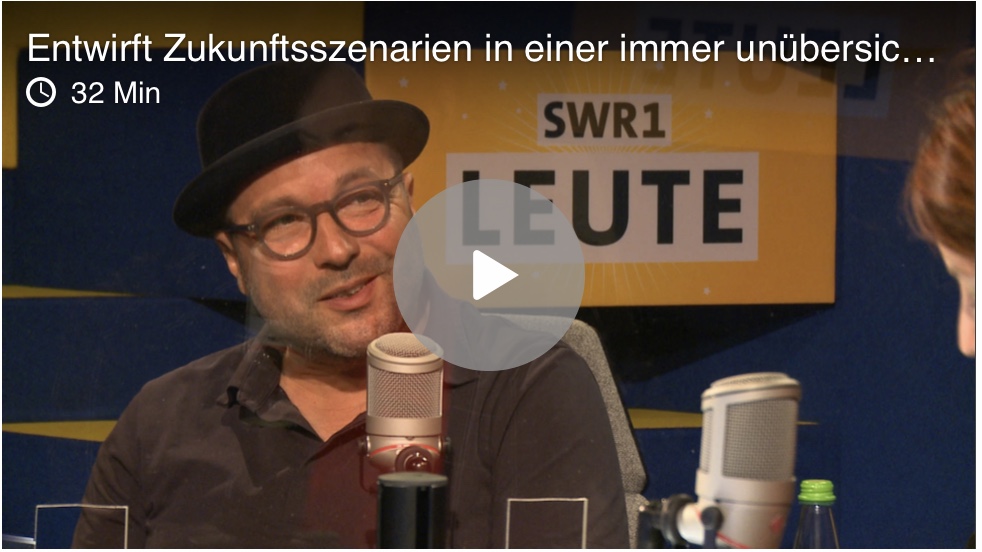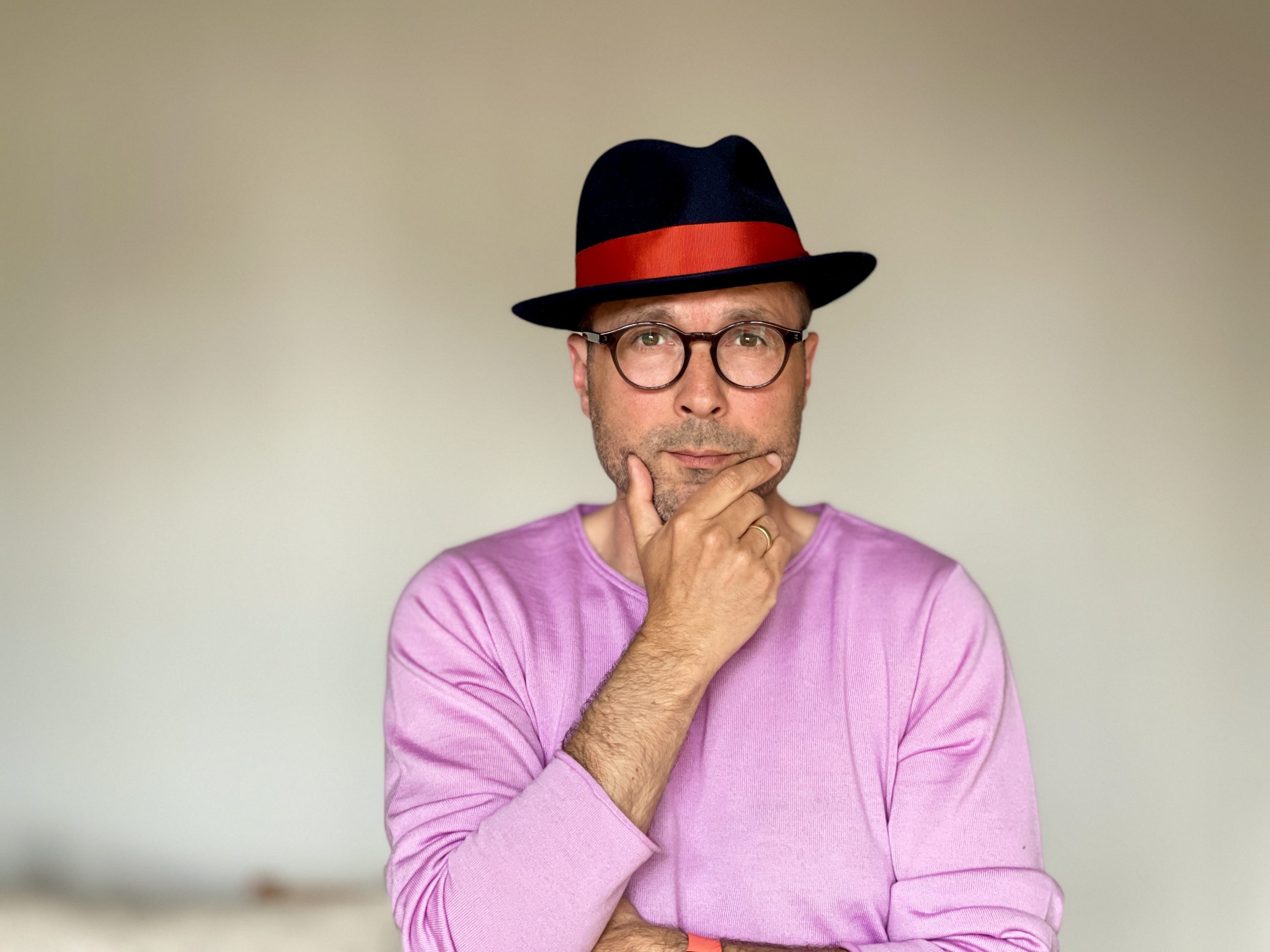SWR1 Leute – How We Can Shape the Future!
Future studies, right up until the industrial age, were primarily driven by trends and probabilities – the task was to adapt and integrate. The new era of Digitality (digital + reality), however, opens up an entirely different approach: one based on possibilities, rather than probabilities. Max represents this new school of futures thinking. He demonstrates how we can rethink the way we view the world – letting go of industrial-era narratives and instead shaping the future through our own unique set of possibilities, whether as individuals, companies or entire regions. To do this, we don’t need to “transform” or attend a “change workshop”. We simply need to learn how to recognise possibilities in our everyday lives – and even build our own possibility-matrices as practical tools. What’s essential is a positive mindset. We need clear values that we truly want to live by – and then use technology as an amplifier. So how do we move from German Angst to a German Future? How can we spot potential opportunities in our daily lives to take a more active role in shaping …









